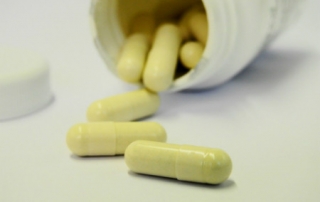Prenatal Exposure to Antidepressants and Risk of Autism
It is estimated that autism spectrum disorders (ASD) affect about 1% to 2% of children. Research carried out in twins and families indicate that ASD is highly heritable; however, it is generally believed that while genetic factors play an important role, there is an interplay between genetic and environmental factors in the etiology of this disorder. Various environmental exposures have been implicated, including vaccinations, mercury, air pollution, insecticides, and infection.








